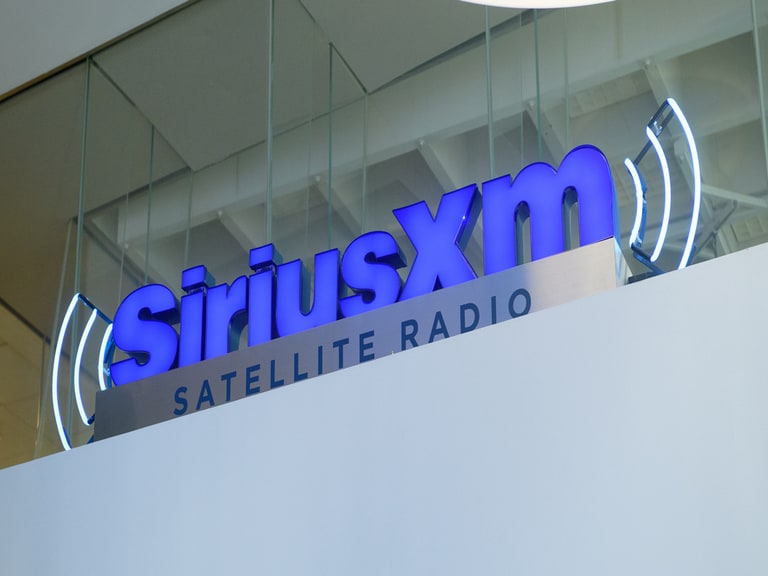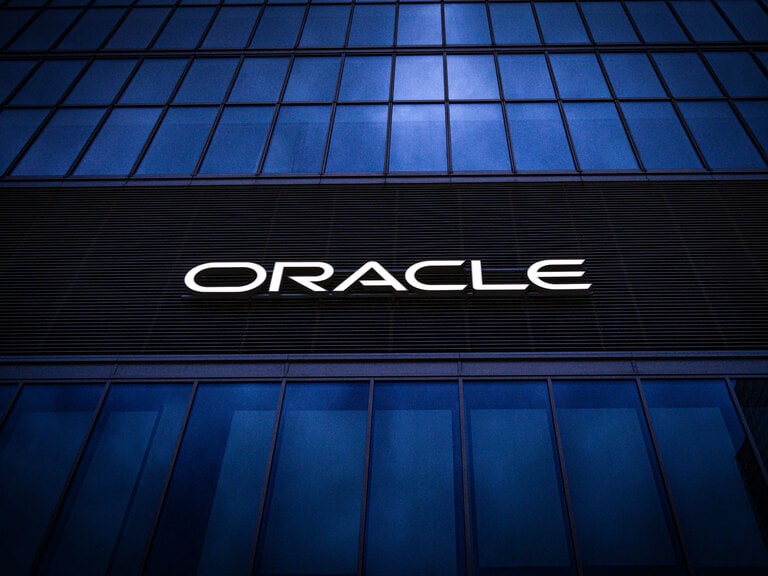The gambling industry is set to grow considerably in the U.S. by roughly 17% annually in the next five years. In November 2020, several states voted to legalize sports betting, bringing the total number to approximately 25. Furthermore, budget deficits due to COVID-19 have acted as a catalyst, and we delve into three gambling stocks that could benefit from this trend.
This article was originally written by MyWallSt. Read more market-beating insights from the MyWallSt team here.
DraftKings: Bull vs Bear arguments:
DraftKings (NASDAQ: DKNG) is an online betting operator founded in 2012 by CEO and co-founder Jason Robins and went public in 2020.
DraftKings estimates that its total addressable market in North America is approximately $67 billion in sports betting and iGaming. Sports betting remains illegal for roughly 70% of the population within the U.S., and other positive legalization trends in Canada provide colossal upside.
DraftKings is a first mover and has a significant market share in the online sports betting and iGaming space, at 30% and 19%, respectively. In Q1 2021, DraftKings reported $312 million in revenue, increasing 175% year-over-year (YoY), beating expectations. In addition, the average revenue per unique monthly payer increased to $61 compared to $41 a year prior and demonstrates continued engagement.
However, the company is operating at a loss which widened significantly YoY in Q1 from $82 million to $346 million. As one of the only pure plays on the market, this has caused a lot of hype around the stock with a valuation of nearly $20 billion and a price to sales of roughly 23.
DraftKings has also been the target of a short report by Hindenburg Research who claim that DraftKings was involved in “black market operations”. However, DraftKings was quick to refute the claims stating that the report was done with an incentive to drive down the price and that they were “comfortable” with their review of business practices.
Penn National Gaming: Bull vs Bear arguments:
Penn National Gaming (NASDAQ: PENN) owns and operates a number of casinos and racetracks in North America, along with live sports betting at a number of its properties. The company went public in 1994 but has gained renewed interest due to its moves into the online betting space.
In 2020, Penn acquired a 36% interest in Barstool Sports, which has given it a digital presence in gambling, and its sportsbook has successfully launched in several states. Barstool was founded by controversial figure David Portnoy and has significant brand strength with over 66 million followers. In addition, the Barstool branding has helped increase revenue in physical casinos, with gross gaming revenue increasing from 23.6% to 37% post branding in Detroit, which creates an opportunity for cross-selling.
Penn reported a slight revenue decline of 6% to $1.2 billion, with margin improvement attributable to the online side of the business and net income of $90 million. Penn also has $2 billion in cash, which can be used for strategic opportunities.
Penn’s online business is still young and small in comparison to the retail side. This provides an upside opportunity but creates risk because if the physical side of the business suffers, this will cause the stock price to drop. Despite early positive signs, it is yet to prove its ability to capture market share in the online gambling space in several states.
Roundhill Sports Betting & iGaming ETF: Bull vs Bear arguments:
The Roundhill Sports Betting & iGaming ETF (NYSEARCA: BETZ) is a passively managed fund and provides investors with an alternative way of investing in sports betting and iGaming. This ETF was launched in 2020 and has had an impressive 86% approximate return to date gives investors greater diversification in the space.
The fund comprises 40 companies that include physical casinos such as Caesars Entertainment, online operators such as DraftKings, and companies that provide infrastructure and technology. The top ten holdings make up roughly 40% of the fund and include well-known names in the space, such as Penn National and Flutter Entertainment. The largest holding is Entain and has a weighting of 4.5%, and operates in the online and retail space. It has significant international exposure, with two-thirds of the fund based outside North America.
Investors should be aware that due to it being an ETF, there is an expense ratio of 0.75%, which can cause a decrease in returns. The majority of the companies in the ETF also have a market capitalization of $5 billion or less which means that it could be more volatile. Furthermore, two-thirds of the fund is not based in the U.S., which creates another risk.
MyWallSt gives you access to over 100 market-beating stock picks and the research to back them up. Our analyst team posts daily insights, subscriber-only podcasts, and the headlines that move the market. Start your free trial now!
Continue reading for FREE
- Includes free newsletter updates, unsubscribe anytime. Privacy policy






